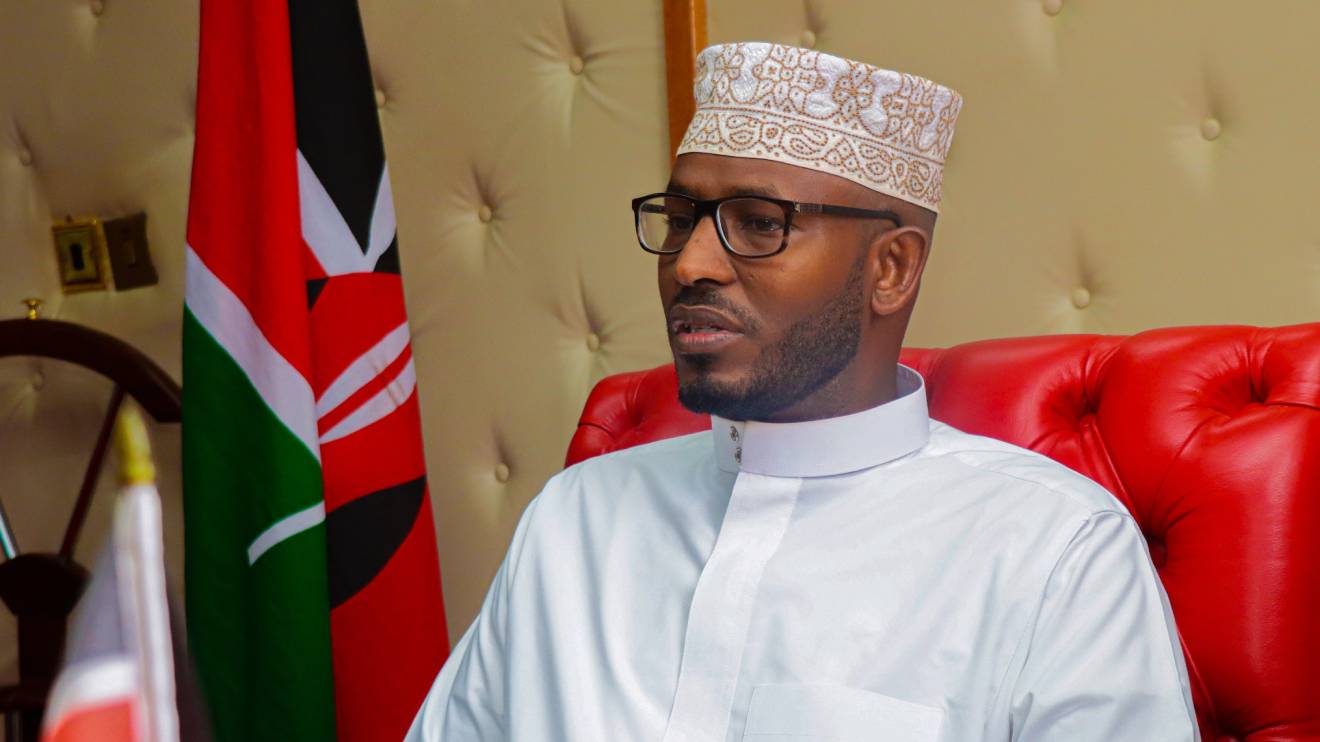In a significant legal victory for President William Ruto, the Housing Levy has been declared constitutional by a three-judge bench.
The ruling, delivered on Tuesday by Justices Olga Sewe, John Chigiti, and Josephine Mongare, affirmed the legality of the levy, dismissing a series of petitions that had sought to block its implementation.
The decision came after six petitions, which were later consolidated, challenged the Affordable Housing Act, particularly the sections relating to the levy.
Despite the opposition, the court ruled that the Housing Levy was enacted in line with the Constitution, following proper procedures and ensuring adequate public participation.
"It is clear that the National Assembly and the Senate focused on stakeholders for the public participation. It cannot be denied that the public participation took place," the judges stated, refuting claims that the levy had been introduced without sufficient input from the public.
Read More
The bench also rejected allegations that the levy was discriminatory, particularly against lower-income earners, who were seen as disproportionately affected by the policy.
"It is therefore our finding that section 4 of the Affordable Housing Act is not discriminatory and does not infringe on Article 27 of the Constitution," the court concluded, reinforcing the inclusive nature of the initiative.
Chief Justice Martha Koome had earlier assigned the three-judge panel to handle the cases brought against the Affordable Housing Act.
Among the petitioners were 22 senators, led by Busia Senator Okiya Omtatah, alongside human rights defenders, who had contested sections of the Act, including the appointment of the Kenya Revenue Authority’s Commissioner General as the collector of the levy.
They argued that the law imposed undue financial strain on citizens and violated constitutional rights.
However, the court’s ruling now paves the way for the full implementation of the Housing Levy, a cornerstone of President Ruto’s affordable housing agenda.
The decision, widely anticipated, marks a major milestone in the government’s efforts to address the country’s housing shortage while bolstering its social development initiatives.
The ruling is expected to influence future legal challenges on public finance and development levies, setting a precedent on how the courts interpret government-driven social programmes.
For now, the Housing Levy stands unopposed, signalling the government’s triumph in what had been one of the most contested policy debates in recent months.





 (1)-1727972556.jpg)


 (1)-1732264169.jpg)
